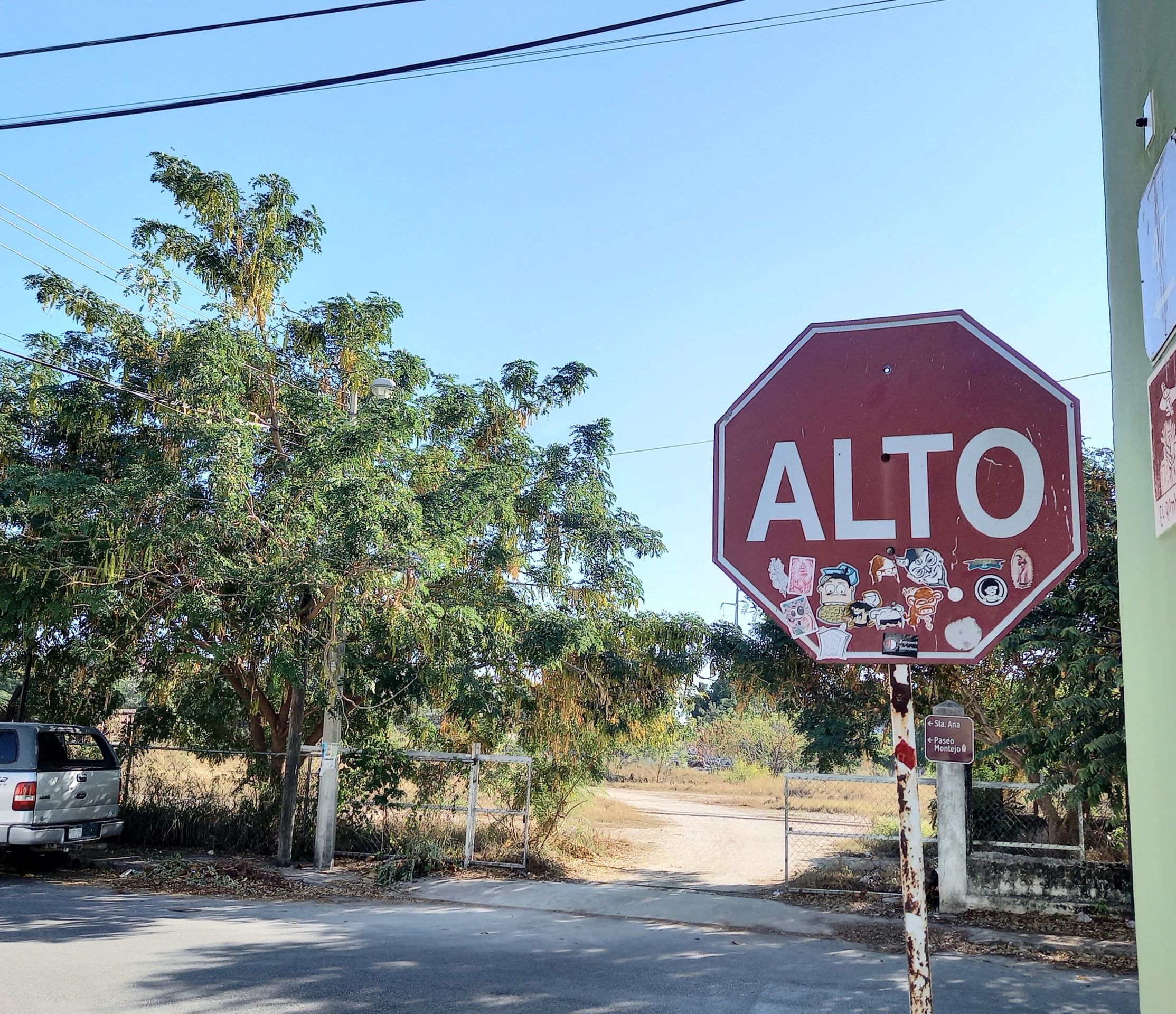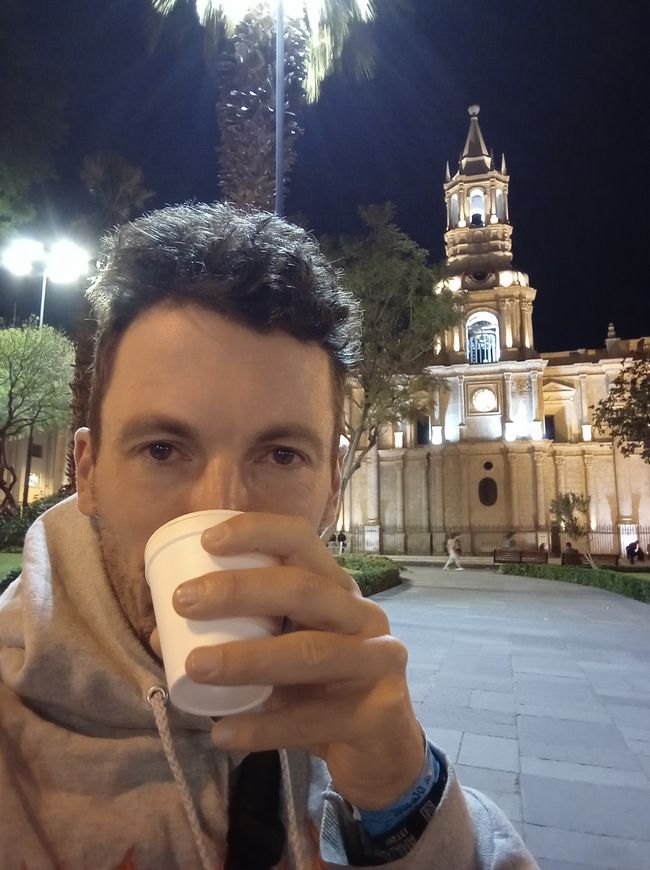"What's new, Buenos Aires?"
Pubblicato: 08.04.2022
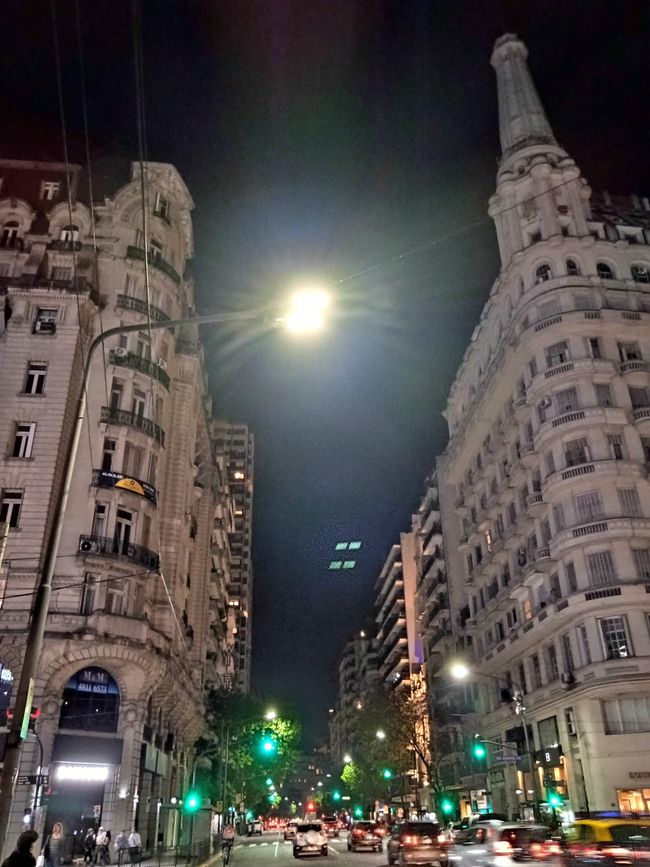
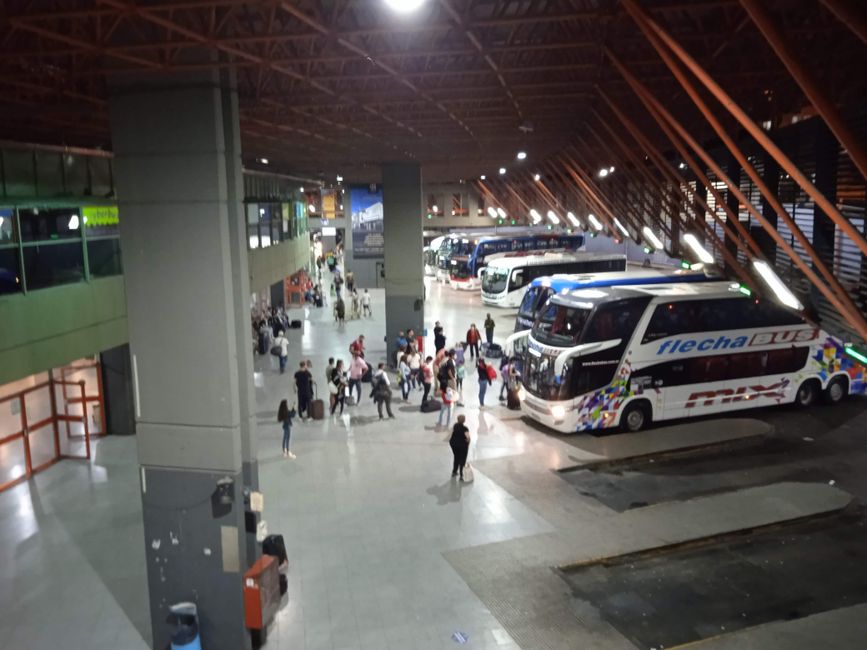
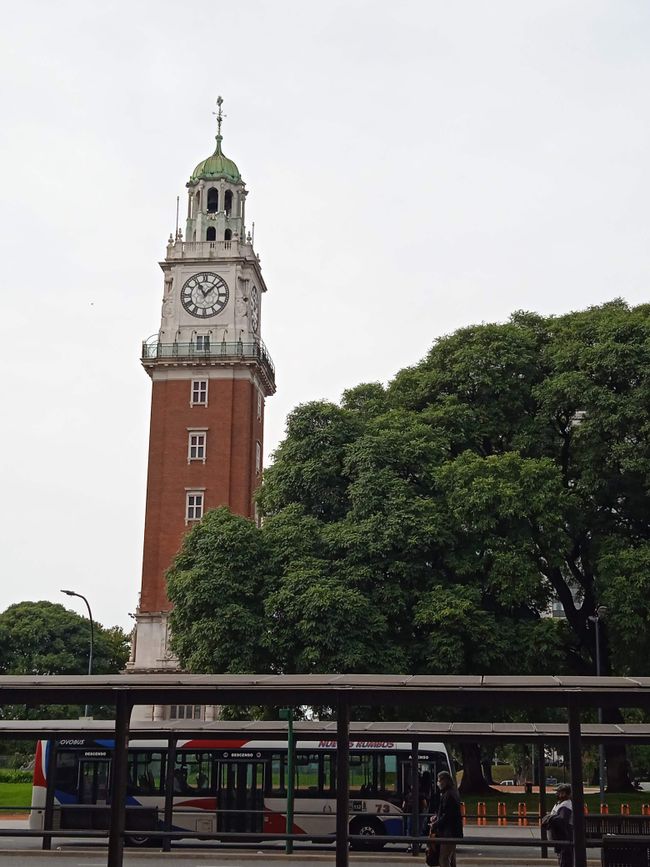
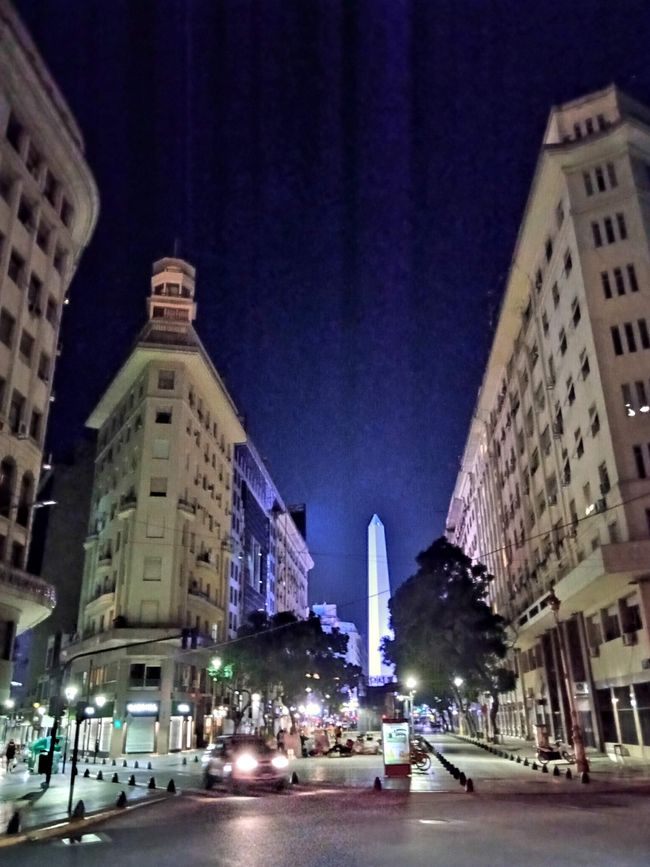
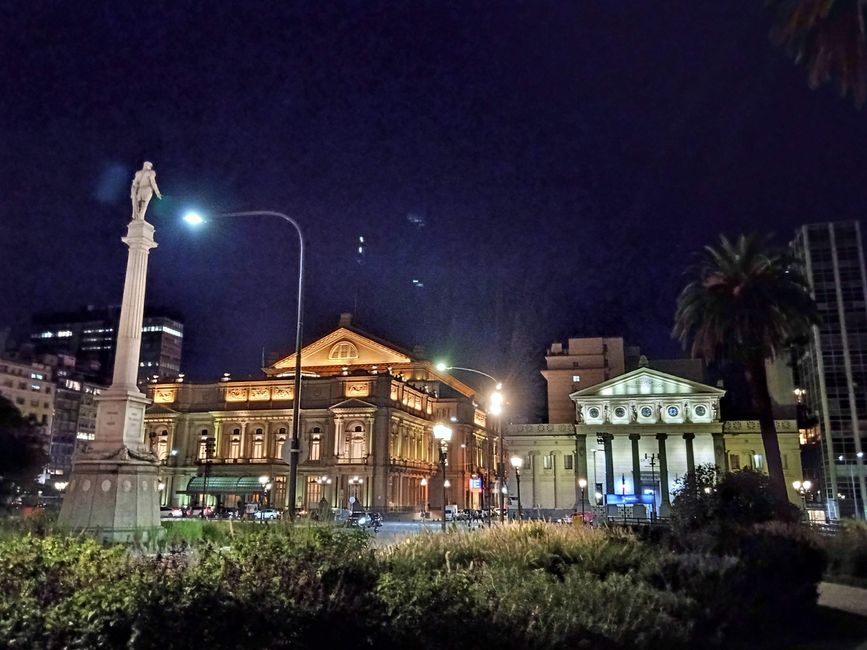
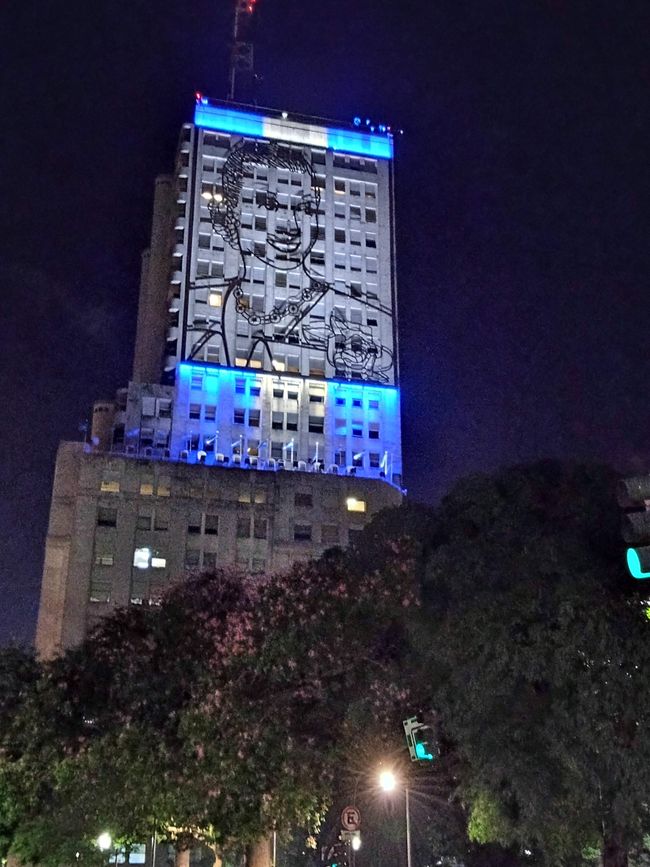
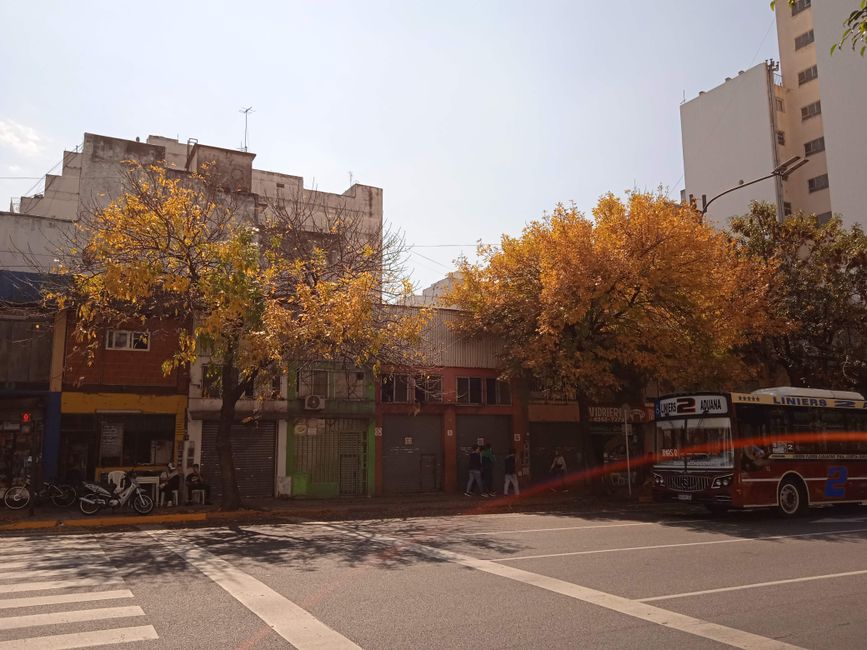
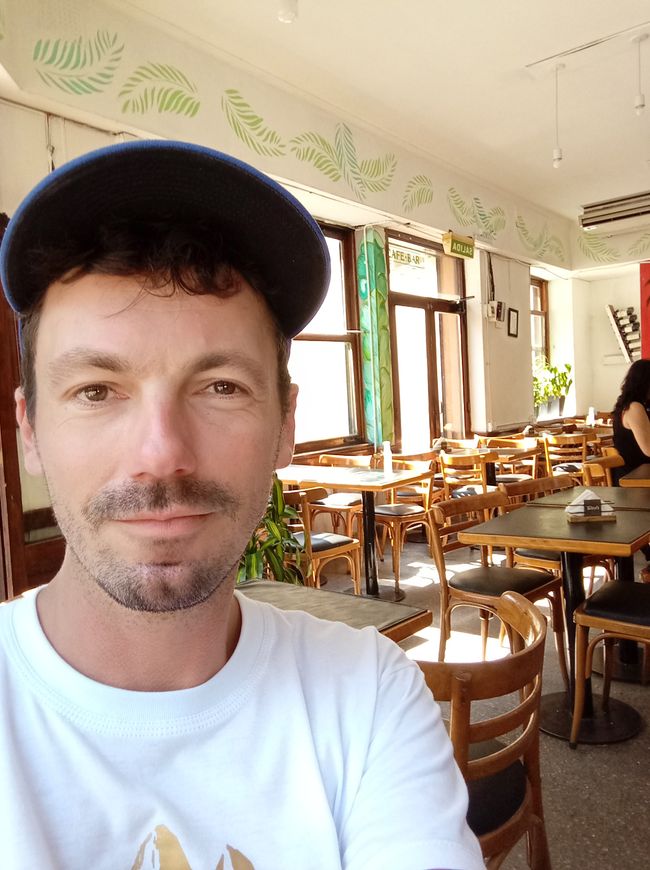
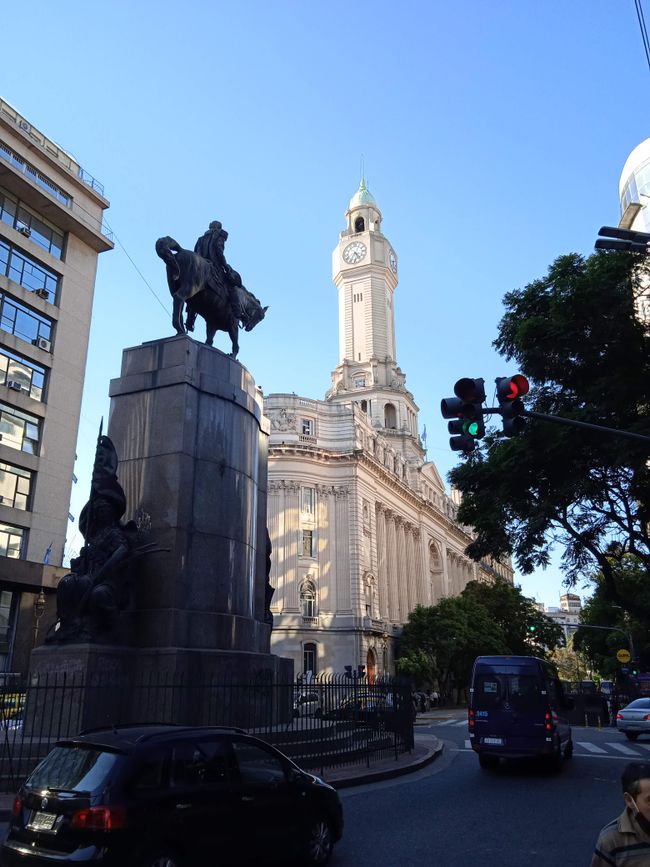
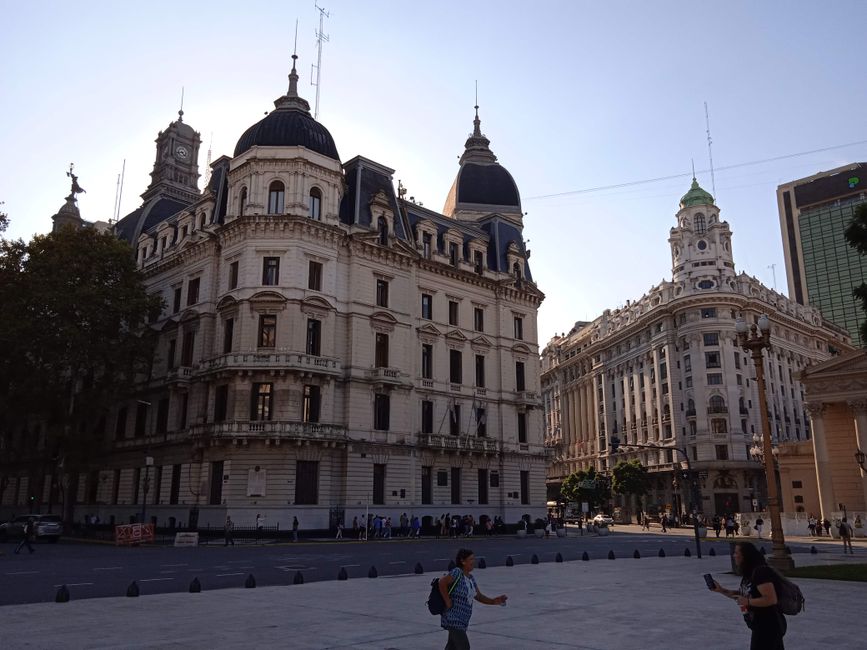
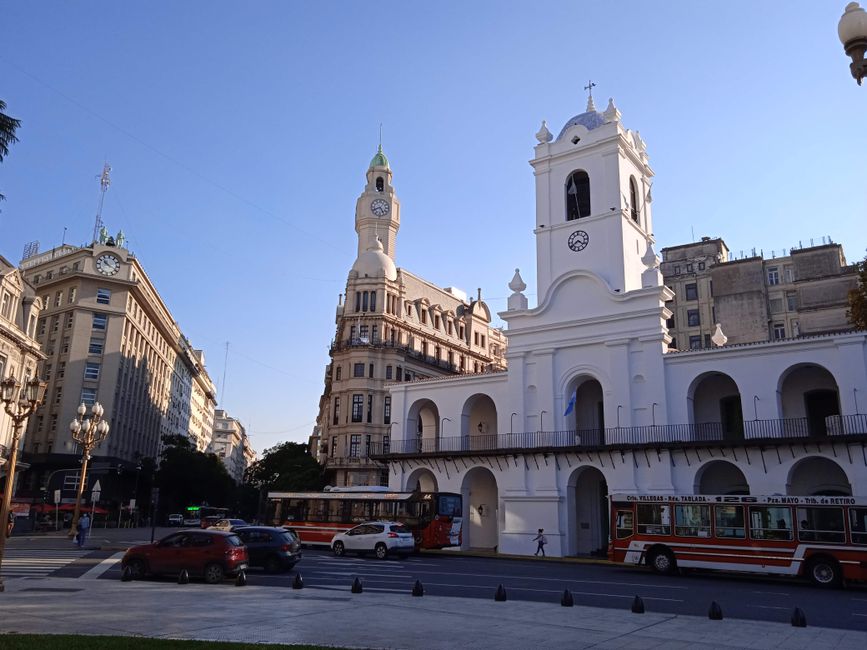
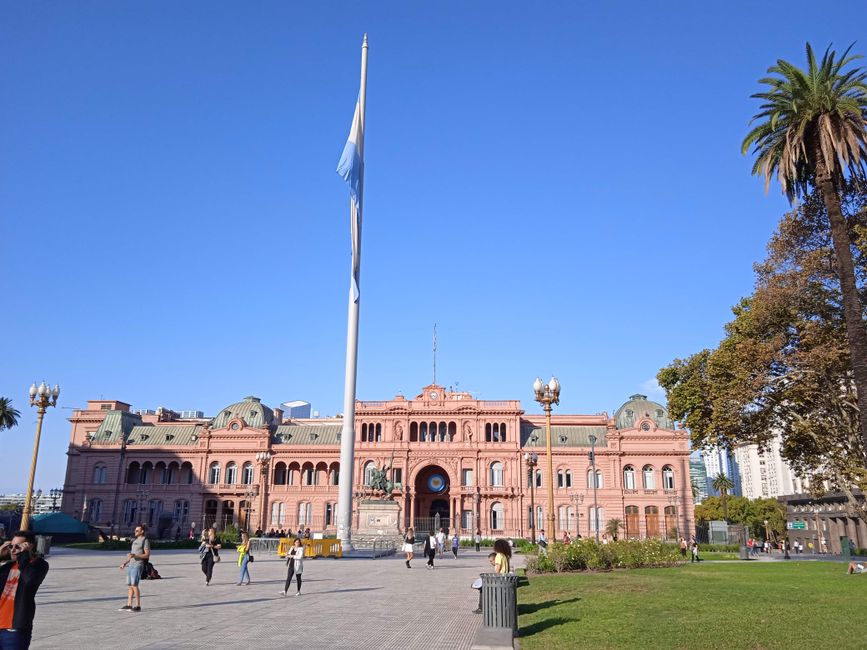

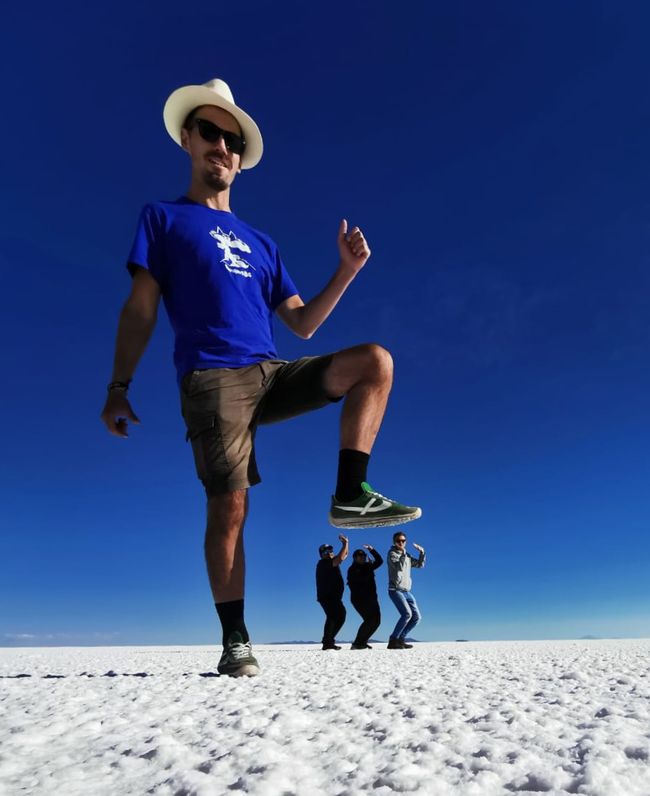


Iscriviti alla Newsletter
When it came to something radically new, it was like the unknown. It made people uncertain. When we longed for something new, it was mostly as a repackaging of the familiar, a reminiscence of the known. For this reason, the brand 'new' is often a deception, because the truly new would hardly sell to women or men.
My first enthusiastic impression of Buenos Aires corresponded exactly to this human pattern. When I walked through the streets of the Argentine capital on my first day, I was enchanted. I had never experienced anything like this before, I thought. Huge boulevards, buildings with intricately decorated facades reaching into the sky, a diverse layout of squares and green spaces, all under the southern sun.
But there was nothing really new here, only the combination of European Gründerzeit buildings and American grandeur appeared new. The result was nonetheless incredibly impressive. Also at the risk of repeating an obvious realization in an almost inflationary manner, but Buenos Aires was probably the most European city south of the Rio Grande.
Even though I only caught a glimpse on my first day and mainly walked through the center, Buenos Aires completely captivated me. A variation of the old that I hadn't expected in this place and in this form.
Maybe 'new' was defined less as something 'never seen before', but rather as something 'surprising', something 'unexpected'. In my opinion, all of this applied to Buenos Aires.
Iscriviti alla Newsletter
Risposta
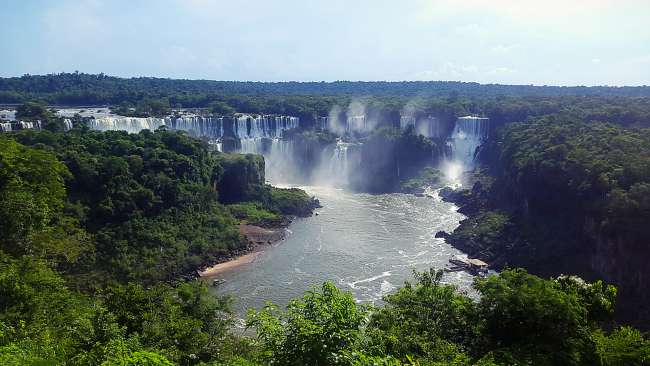
Rapporti di viaggio Argentina
